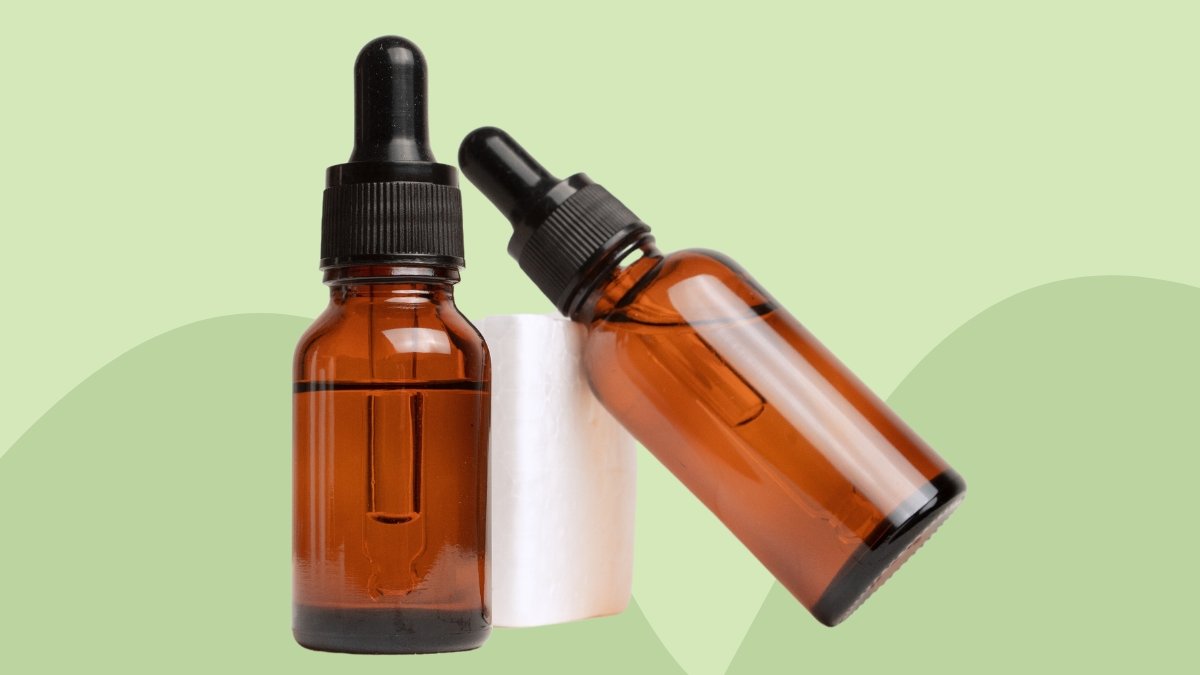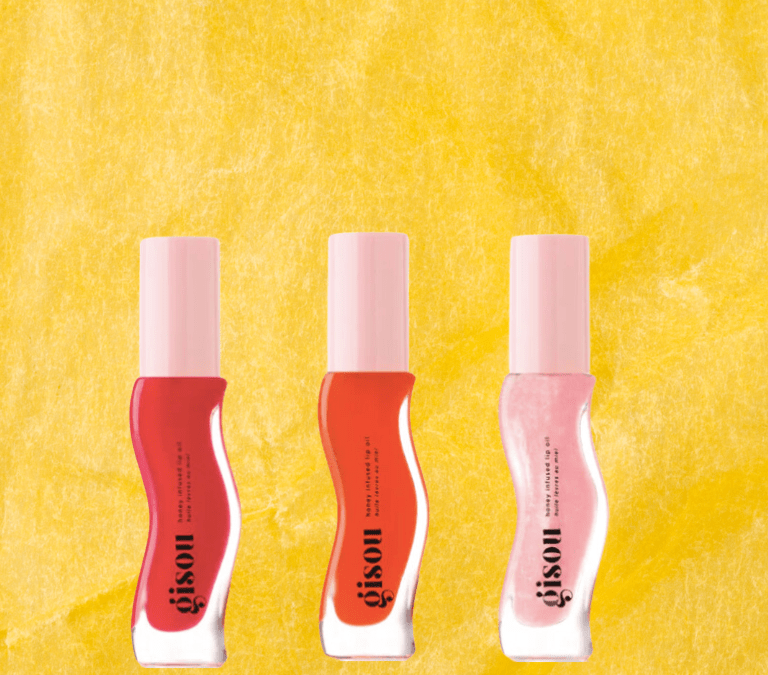
When it comes to skincare goals, we think hydrated and plump skin. Unfortunately, as we age, we produce less and less collagen and our skin becomes thinner, drier, and less elastic. And it’s hard to replace these proteins, like collagen and elastin, because the molecules are too large to be absorbed by the skin. This means any cosmetic skincare products touting protein as an ingredient is really only acting as a moisturizer and can’t have any effect on collagen production.
Luckily for us, science has a solution. If you’re looking for an effective way to stimulate collagen production, prevent fine lines, smooth wrinkles and restore firmness to your skin, then peptides are a good place to start. In this post, you’ll find everything you need to know about peptides and how to include them in your skincare routine.
[SEE ALSO: The Science Behind the Skin Cycling Trend]
What Are Peptides?
Peptides can be thought of as fragments or building blogs of proteins. This means that they are much smaller molecules and they can sneak into the skin when applied topically.
You can think of peptides as little messengers to our skin cells that stimulate processes your skin already performs on its own. In skincare, peptides have been shown to not only stimulate collagen production and inhibit its breakdown, but also to have antimicrobial and antioxidant activity. Peptides also enhance the penetration of other active ingredients, have moisturizing effects, reduce inflammation and improve wound healing.
Which Peptide Should I Use?
Over the years, companies have developed many peptides that are now used in cosmetics, but studies supporting their effectiveness are still unclear. So, before you go buying every product with peptides, we encourage you to look for well-known and researched peptides. Some peptides that have been shown to be effective through clinical studies are copper peptides, Matrixyl, and Argireline.
Matrixyl (also known as Palmitoyl pentapeptide-4)
This peptide has been shown to improve the appearance of fine lines, skin roughness, and wrinkle depth by stimulating elastin and collagen production.
Argireline (also known as Acetyl hexapeptide-3)
In studies including 84 participants, this peptide has been shown to have a 30% improvement in wrinkle depth.
Copper peptides
These peptides have been shown to help improve skin cell proliferation, firmness, elasticity, and thickness, as well as helping to repair and reverse visible signs of skin aging.
[READ ALSO: The Best Face Oils for Hydrated Skin]
Six Ways to Include Peptides in Your Skincare Routine
There is no doubt that including peptides could be a game-changer for your skin health. Here are six tips on how to use them correctly:
1. Peptides are not active ingredients that cause any type of skin sensitization to the sun, so they can be used both day and night.
2. Peptides can help you achieve younger-looking skin. However, changes to your skin are not instantaneous and long-term consistent use is needed for good results.
3. Try to choose a product that absorbs into your skin, such as a cream, lotion, or serum rather than a face wash that is quickly rinsed off.
4. To enhance penetration, apply your peptide cream or serum right after cleansing your skin and before applying a moisturizer.
5. Peptides can be paired with other known active ingredients such as hyaluronic acid, retinol, and niacinamide to boost collagen production even more and to achieve brighter, smoother skin.
6. Avoid mixing peptides with AHA’s (alpha hydroxy acids) such as glycolic and lactic acid or BHA’s (beta hydroxy acids) such as salicylic acid as these can break down peptides and therefore render them ineffective.
Are you already including peptides in your skincare routine? Let us know in the comments below.



